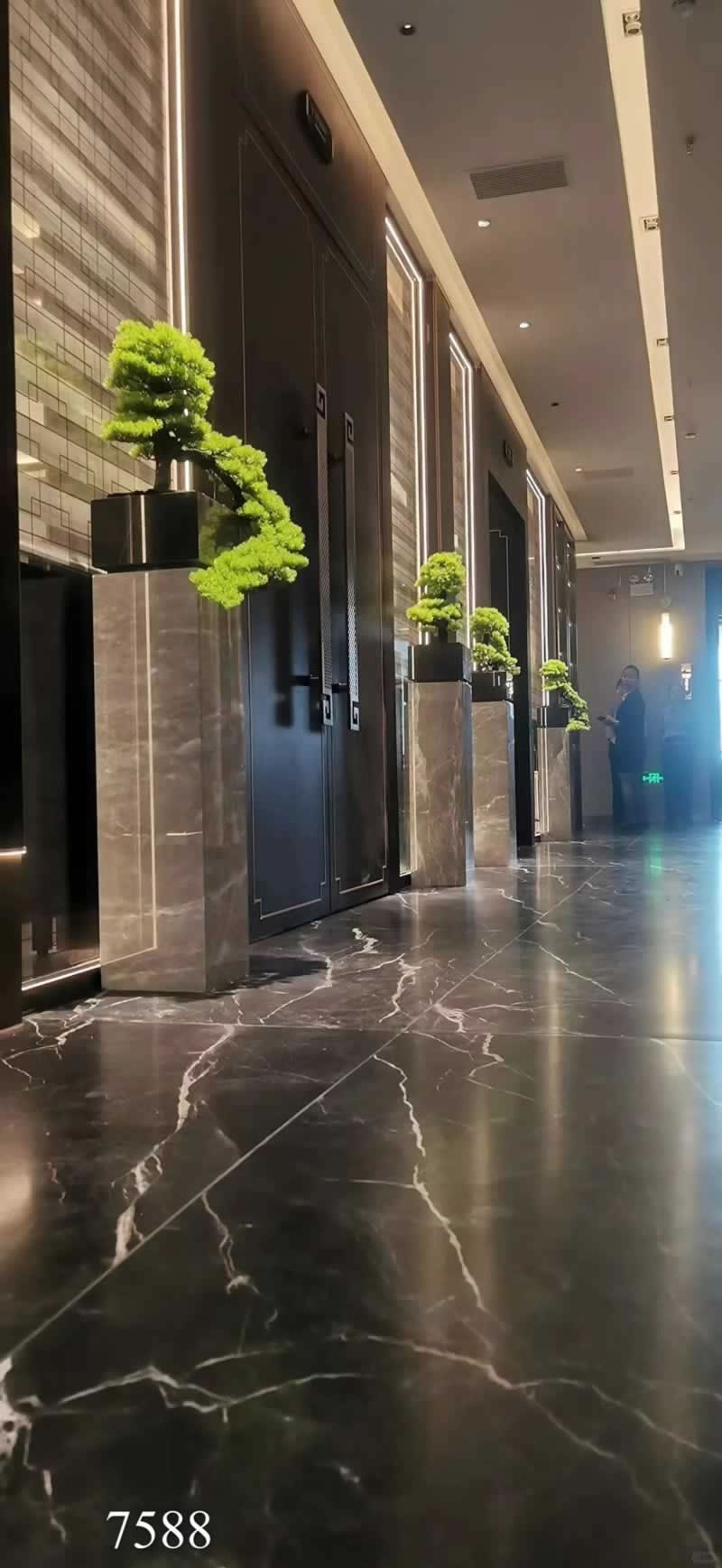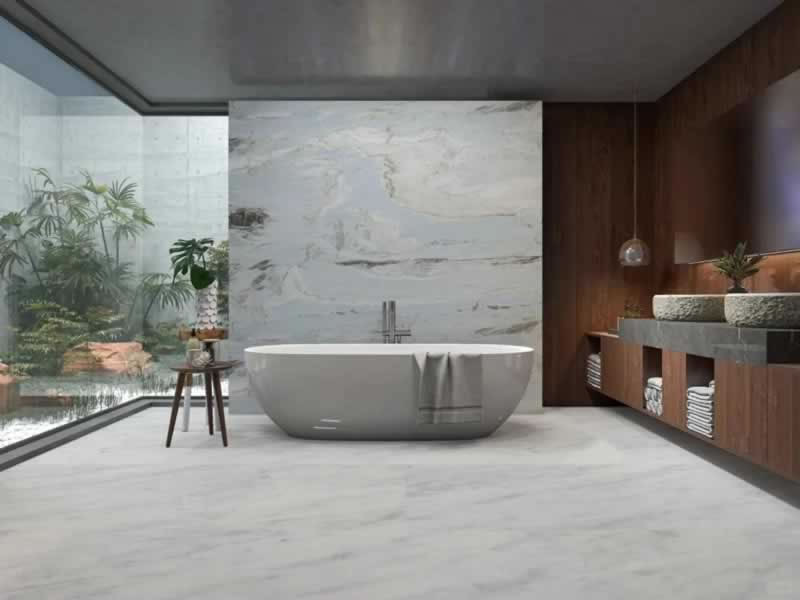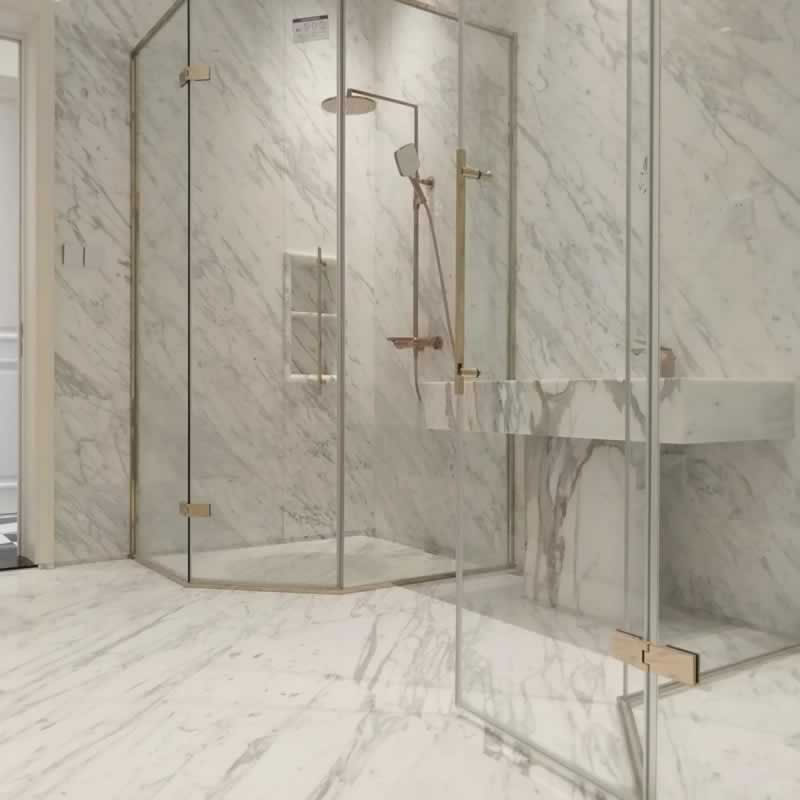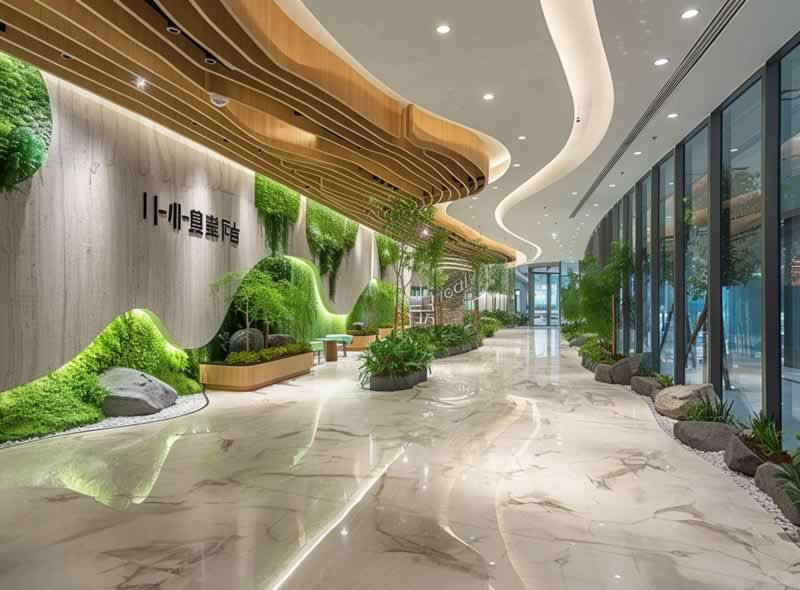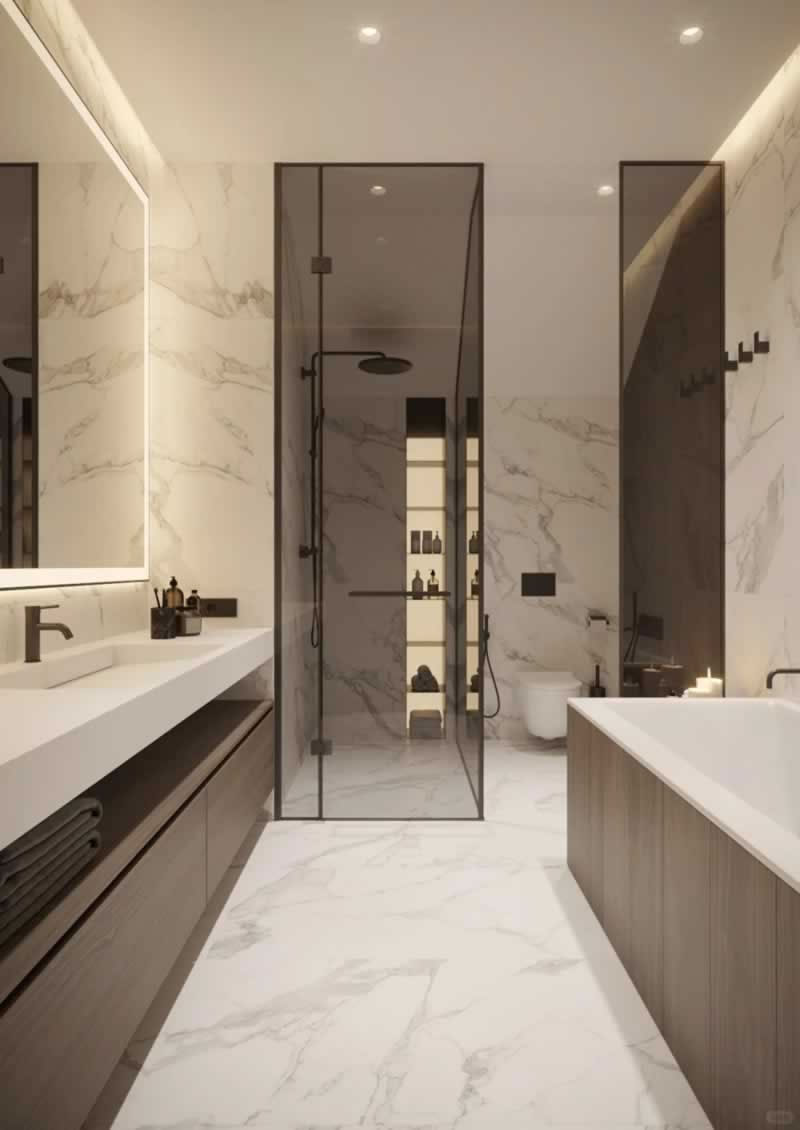Maintaining stone surfaces in hotels is essential to preserve their aesthetic appeal, durability, and hygiene. Different types of stone (e.g., marble, granite, limestone, travertine) require specific care. Below is a comprehensive guide to maintaining stone surfaces in hotels:
1. Daily Cleaning
-
Dust & Debris Removal: Use a soft microfiber cloth or dust mop to remove loose dirt.
-
Gentle Cleaning Solution: Use a pH-neutral stone cleaner diluted in warm water. Avoid acidic or alkaline cleaners (e.g., vinegar, bleach, ammonia) as they can etch or discolor stone.
-
Soft Tools: Use non-abrasive sponges or cloths to prevent scratching.
-
Spills: Wipe up spills immediately, especially from acidic substances (wine, coffee, citrus juices).
2. Periodic Deep Cleaning
-
Steam Cleaning (if applicable): Some stones (like granite) can handle light steam cleaning, but porous stones (marble, travertine) may be damaged.
-
Professional Cleaning: For heavily soiled areas, hire stone restoration professionals.
3. Sealing Stone Surfaces
-
Importance: Sealants protect against stains and moisture penetration.
-
Frequency:
-
High-traffic areas (lobbies, countertops): Every 6–12 months.
-
Low-traffic areas: Every 1–2 years.
-
Test for Sealant Needs: Sprinkle water on the surface—if it darkens, the stone needs resealing.
4. Stain Removal
-
Organic Stains (food, coffee): Use hydrogen peroxide mixed with a few drops of ammonia (test first).
-
Oil-Based Stains (grease, cosmetics): Use acetone or mineral spirits (test in an inconspicuous area).
-
Rust Stains: Specialized rust removers (avoid acidic cleaners on marble/limestone).
-
Ink Stains: Use acetone or isopropyl alcohol.
5. Polishing & Refinishing
-
Polishing: Use a stone polish to restore shine on marble, granite, and other polished stones.
-
Honed Stone Maintenance: Honed finishes may require re-honing over time.
-
Professional Restoration: For deep scratches, etching, or loss of shine, hire a stone restoration expert.
6. Preventive Measures
-
Use Coasters & Mats: Prevent water rings and scratches under glasses, bottles, and dishes.
-
Furniture Pads: Place felt pads under heavy furniture to avoid scratches.
-
Entryway Mats: Reduce dirt and grit that can scratch stone floors.
-
Avoid Harsh Chemicals: Never use vinegar, lemon juice, or abrasive cleaners.
7. Handling Different Stone Types
-
Marble: Highly porous, prone to etching—requires gentle care and frequent sealing.
-
Granite: Durable but still needs sealing to prevent stains.
-
Limestone/Travertine: Soft and porous—avoid acidic cleaners and high-impact usage.
-
Slate: Dense but may flake—use sealant to enhance durability.
8. Staff Training
-
Train housekeeping staff on proper stone care techniques.
-
Provide guidelines on approved cleaning products.
-
Ensure prompt reporting of stains or damage.
9. Professional Maintenance Schedule
-
Quarterly: Deep cleaning and inspection.
-
Annual: Professional resealing and polishing if needed.
-
As Needed: Repair chips, cracks, or deep stains with expert help.
By following these maintenance practices, hotels can ensure their stone surfaces remain beautiful, hygienic, and long-lasting. Investing in proper care reduces long-term costs and enhances guest satisfaction.


